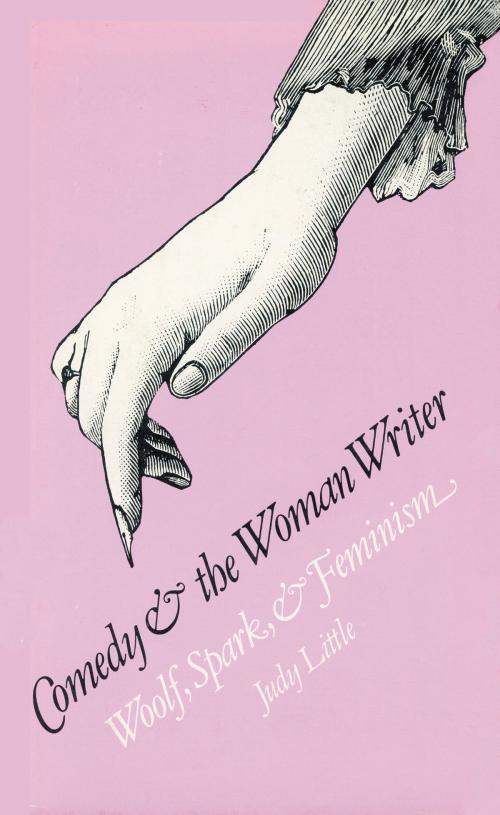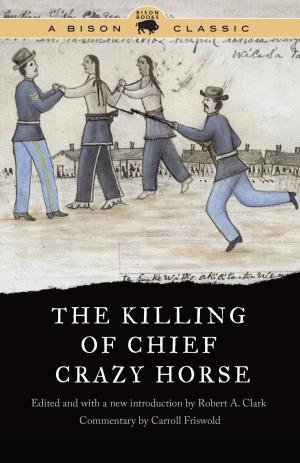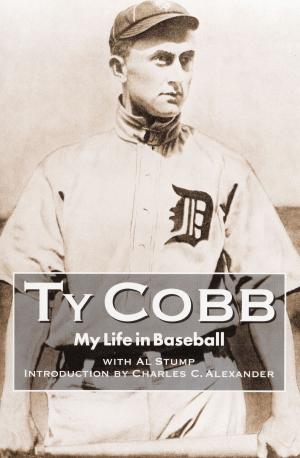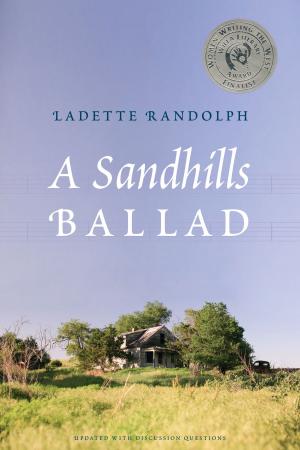Comedy and the Woman Writer
Woolf, Spark, and Feminism
Fiction & Literature, Literary Theory & Criticism, Women Authors| Author: | Judy Little | ISBN: | 9780803288140 |
| Publisher: | UNP - Nebraska | Publication: | August 1, 2015 |
| Imprint: | University of Nebraska Press | Language: | English |
| Author: | Judy Little |
| ISBN: | 9780803288140 |
| Publisher: | UNP - Nebraska |
| Publication: | August 1, 2015 |
| Imprint: | University of Nebraska Press |
| Language: | English |
The introductory chapter draws upon anthropology and sociology, as well as literary criticism and the fiction of feminist writers such as Woolf, Doris Lessing, and Monique Wittig, to define a modern feminist comedy. Four central chapters then explore the implications of this comedy in the novels of Woolf and Spark. Little distinguishes between, on the one hand, several varieties of traditional comedy and satire and, on the other, the festive or “liminal” comedy to which feminist comedy belongs. Both Woolf and Spark mock centuries-old mythic patterns and behaviors deriving from basic social norms, as well as the values emerging from these norms. It is one thing, the author points out, to find “manners” amusing, to scourge vices, or to mock the follies of lovers; it is a much more drastic act of the imagination to mock the very norms against which comedy has traditionally judged vices, follies, and eccentricities. While the comedy of Woolf and Spark has some precedent in festive or liminal celebrations, during which even basic values and behavior are abandoned, feminist comedy displays its radical nature by implying that there is no resolution to the inverted overturned world, the world in revolutionary transition.
The final chapter considers briefly, in the light of the critical model of feminist comedy, the work of several other twentieth-century writers, including Jean Rhys, Penelope Moritmer, and Margaret Drabble. The presence of radical comedy in the fiction of these and other writers suggests the need for continuing attention to the theory of feminist comedy proposed in this study.
The introductory chapter draws upon anthropology and sociology, as well as literary criticism and the fiction of feminist writers such as Woolf, Doris Lessing, and Monique Wittig, to define a modern feminist comedy. Four central chapters then explore the implications of this comedy in the novels of Woolf and Spark. Little distinguishes between, on the one hand, several varieties of traditional comedy and satire and, on the other, the festive or “liminal” comedy to which feminist comedy belongs. Both Woolf and Spark mock centuries-old mythic patterns and behaviors deriving from basic social norms, as well as the values emerging from these norms. It is one thing, the author points out, to find “manners” amusing, to scourge vices, or to mock the follies of lovers; it is a much more drastic act of the imagination to mock the very norms against which comedy has traditionally judged vices, follies, and eccentricities. While the comedy of Woolf and Spark has some precedent in festive or liminal celebrations, during which even basic values and behavior are abandoned, feminist comedy displays its radical nature by implying that there is no resolution to the inverted overturned world, the world in revolutionary transition.
The final chapter considers briefly, in the light of the critical model of feminist comedy, the work of several other twentieth-century writers, including Jean Rhys, Penelope Moritmer, and Margaret Drabble. The presence of radical comedy in the fiction of these and other writers suggests the need for continuing attention to the theory of feminist comedy proposed in this study.















